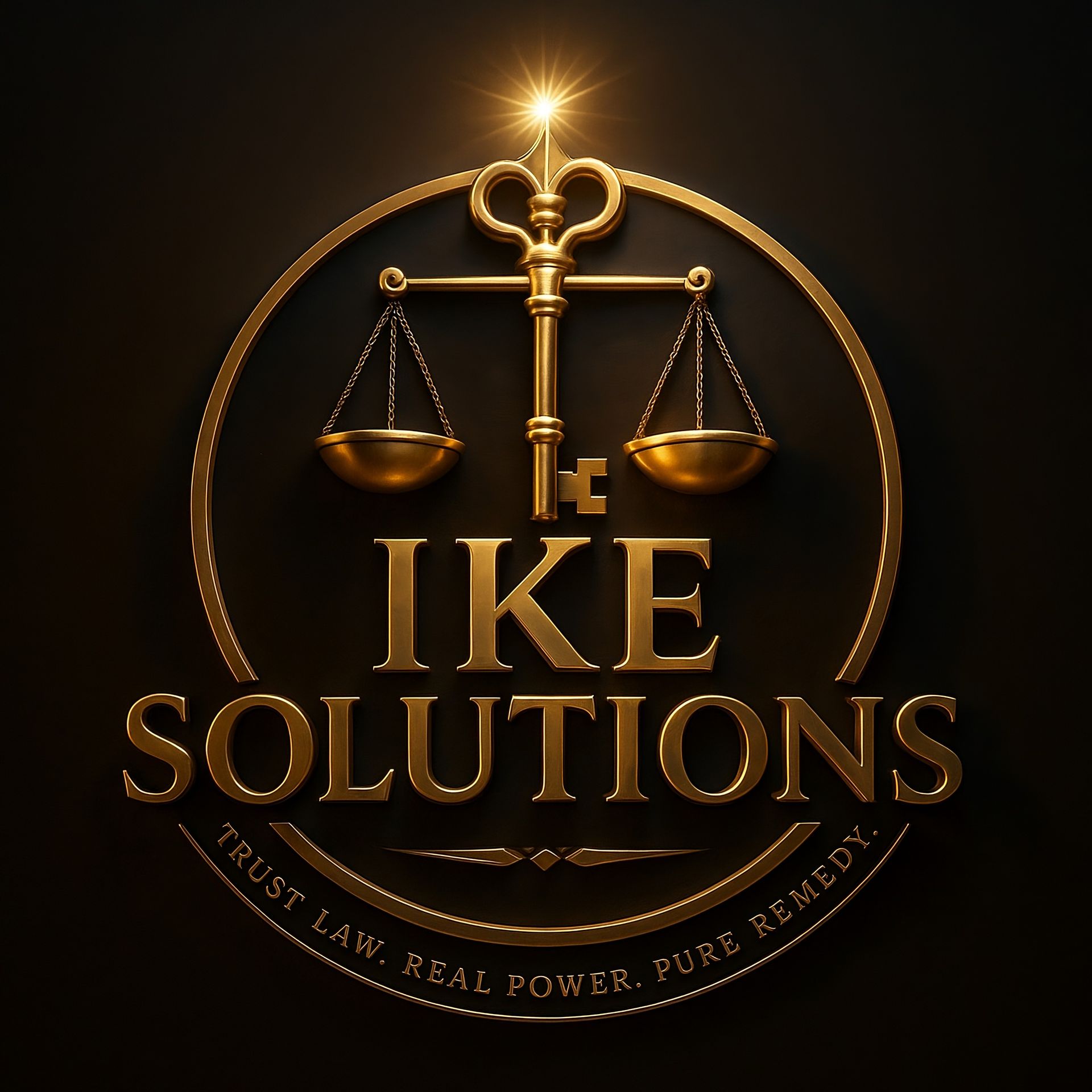Secured Party Creditor: What It Means and How It Benefits You
Understanding Secured Party Creditor
In the realm of finance and business, the term Secured Party Creditor is often mentioned, especially when discussing loans and debts. A secured party creditor is an entity or individual that holds a security interest in a borrower’s asset as collateral for a debt. This means that if the borrower defaults on their obligations, the secured party creditor has the right to seize the asset to satisfy the debt.
Being a secured party creditor can provide an additional layer of security for lenders, ensuring they have a recourse to recover their funds. This arrangement is legally binding and often involves detailed agreements outlining the rights and responsibilities of both parties.

The Benefits of Becoming a Secured Party Creditor
Being a secured party creditor offers several advantages. Firstly, it provides protection against borrower default. If a borrower fails to meet their payment obligations, the secured creditor has the right to repossess and sell the collateral to recover their losses. This reduces the risk involved in lending and provides greater financial stability.
Secondly, secured creditors often have priority over unsecured creditors in bankruptcy proceedings. This means that in the unfortunate event of a business or individual declaring bankruptcy, secured creditors are typically paid first from the sale of the debtor's assets.

How Does One Become a Secured Party Creditor?
The process of becoming a secured party creditor involves several key steps. Here’s a simple guide:
- Agreement Creation: Draft a security agreement that clearly outlines the terms of the loan and specifies the asset used as collateral.
- Perfection of Security Interest: Publicly file a financing statement, often with a government body, to perfect the security interest and establish priority over other creditors.
- Documentation: Ensure all documents are well-maintained and updated regularly to reflect any changes in the agreement or collateral.
Types of Collateral Used
The type of collateral used in secured transactions can vary greatly depending on the nature of the loan and the agreement between parties. Common examples include real estate, vehicles, inventory, and machinery. In some cases, intangible assets like patents or accounts receivable may also serve as collateral.

Collateral selection is crucial as it impacts the level of risk for both lenders and borrowers. The value and liquidity of collateral are primary considerations when choosing assets to pledge in a secured transaction.
The Impact of Secured Transactions on Creditworthiness
Secured transactions can significantly impact a borrower's creditworthiness. For borrowers, maintaining a good standing with secured creditors can enhance their credit profile, making it easier to obtain future financing. Conversely, failing to meet obligations can harm credit scores and limit borrowing capabilities.
Lenders, on the other hand, benefit from reduced risk exposure. This often results in more favorable loan terms, such as lower interest rates and higher borrowing limits, making it mutually beneficial for both parties involved.

